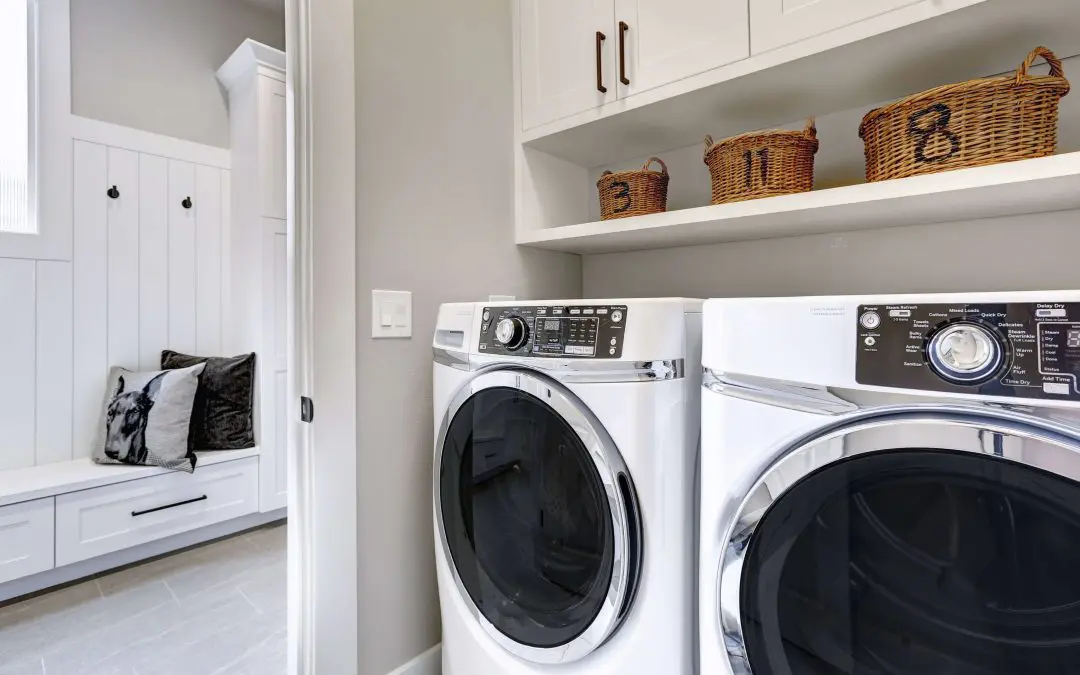Understanding the life expectancy of household appliances is essential for planning maintenance, budgeting for replacements, and avoiding unexpected breakdowns. While many factors, such as usage, maintenance, and brand, influence the longevity of your appliances, having a general idea of how long they should last will help you make informed decisions.
Life Expectancy of Household Appliances: Refrigerators
Refrigerators are among the most durable household appliances, with an average life expectancy of 10 to 15 years. The longevity of a refrigerator depends on how often it’s used, the brand, and whether it’s maintained regularly. Cleaning the coils, having proper ventilation, and setting the correct temperature will help extend its lifespan. High-end models may last even longer, but as your fridge approaches the 10-year mark, it’s wise to monitor its performance more closely.
Dishwashers: A Dependable Cleaning Companion
Dishwashers typically last between 7 to 12 years. Regular maintenance, such as cleaning the filter and ensuring the spray arms are debris-free, maximizes their lifespan. Overloading or misusing the dishwasher may lead to premature wear and tear. Homeowners should be mindful of signs of decline, such as reduced cleaning efficiency or unusual noises, as these indicate that it’s time to consider a replacement.
Ovens and Stoves: Cooking with Confidence
Ovens and stoves have a life expectancy of around 13 to 15 years. With proper care, gas stoves tend to last longer than electric models, sometimes up to 20 years. Routine cleaning, avoiding spills on burners, and replacing worn-out components like heating elements help keep these appliances in top shape. If you notice uneven heating or difficulty maintaining the correct temperature, it may be time to consider upgrading.
Washing Machines: Keeping Your Laundry Fresh
Washing machines are workhorses in a household, with an average lifespan of 8 to 12 years. Front-loading washers often last longer than top-loading models due to their design and more efficient water use. Checking hoses for leaks, cleaning the detergent dispenser, and balancing loads carefully could extend your washer’s life. However, if you experience persistent issues like leaks or loud noises, it may be a sign that a replacement is on the horizon.
Life Expectancy of Household Appliances: Dryers
Dryers generally last about 10 to 13 years. Like washing machines, proper care can extend their lifespan. Cleaning the lint trap after every use and yearly dryer vent cleaning are crucial maintenance tasks. Gas dryers tend to last slightly longer than electric ones, but both types should be monitored for signs of inefficiency, such as longer drying times or unusual noises.
Water Heaters: Hot Water When You Need It
Water heaters have a life expectancy of 8 to 12 years for tank models, and tankless water heaters may last up to 20 years. The lifespan of a water heater is heavily influenced by the quality of water in your home and how often the appliance is used. Regularly flushing the tank to remove sediment and checking the anode rod for corrosion helps it last longer. If your water heater is nearing the end of its expected lifespan and you notice inconsistent water temperatures or rusty water, it may be time to consider a replacement.
Knowing the expected lifespan of your household appliances allows you to plan for future replacements and avoid the inconvenience of sudden breakdowns. While proper maintenance helps lengthen the life of these appliances, being aware of the warning signs of aging appliances is key to a home that runs smoothly.
Life Expectancy of Household Appliances FAQs
Should I purchase an extended warranty for my appliances?
Whether or not to purchase an extended warranty depends on several factors, including the appliance’s cost, its reliability, and your comfort with potential repair costs. Extended warranties provide peace of mind, especially for high-end or frequently used appliances, but they’re also an added expense that may not be necessary if the appliance is known for its durability and you perform regular maintenance.
What are the signs that an appliance needs to be replaced?
Common signs include reduced efficiency, unusual noises, leaks, or difficulty maintaining the correct temperature. If repairs become frequent or costly, replacing the appliance may be more economical.
Is it worth repairing an older appliance?
It depends on the repair cost and the appliance’s age. If the appliance is nearing the end of its expected lifespan and the repair costs are high, replacing it might be the better option.
DMV Home Inspections offers professional inspection services in the Washington DC metro area. Contact us to request an appointment.

